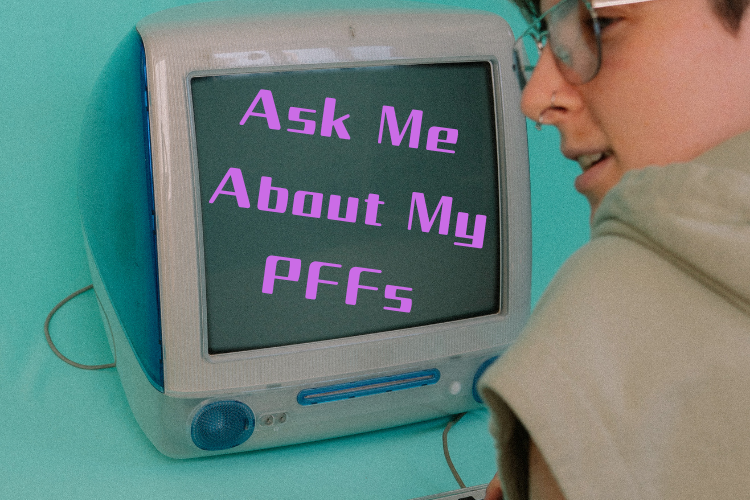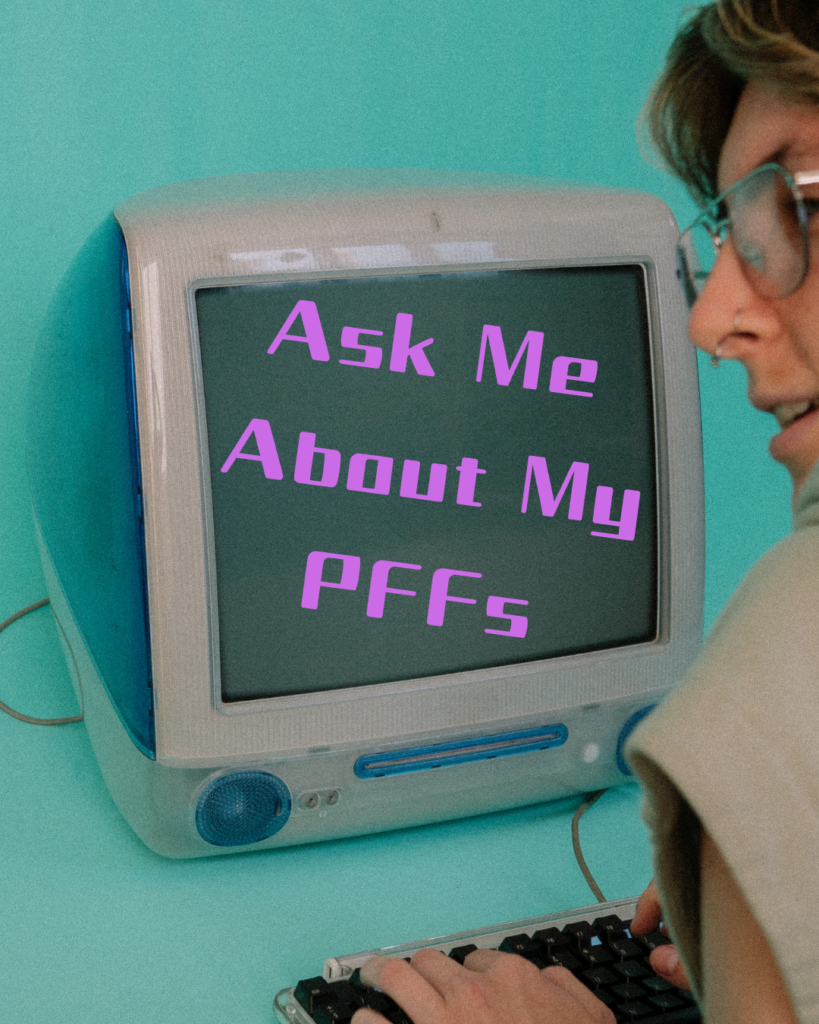
Internet too exhausting? Find peace in PFFs!

Four years ago, the news was so alarming I reached out to a wise person for advice on how to process the disorienting reality I was living in.
Some of their advice included a different way to think about the Internet, with the first step of displacing social media’s role. They suggested viewing my browser app as a newspaper, returning to an earlier, website-based form of surfing the web now replaced by doomscrolling.
What this means: seek out specific, trusted websites that act like sections of a newspaper, e.g. news, feature, culture and sports. I like to call these guys my “PFFs” or “Paywall-Free Friends”.
My Qualifications for PFFs
- trusted source of information, follows journalistic standards
- free
- this is important to remove barriers when transitioning away from social media
- updates regularly throughout the day and maintains a useful archive
- necessary to replace the infinite algorithm of social media
- mobile-friendly
Benefits of PFFs
Before, I had a hard time plugging in to all the emotions of the world as I scrolled. I found the PFF approach to be a good way to break the habit of social media. I finally stopped using them in 2021.
The urge to scroll is still there, but I have fulfilled it by instead visiting my list of PFFs. It feels kind of strange to say it, but I now appreciate how much social media affected me. This switch has made me more informed, calmer and more capable of regulating my emotions and opinions.
Prioritizing sources
After I switched to checking these PFFs, I noticed how easy it was to cite where I read something. I think the physical act of choosing the individual website makes the needed connection. You’re not citing Twitter as where you read an article (that was from Associated Press), you’re citing Associated Press.
Choosing a specific list of PFFs also means you are only navigating in safe Internet waters. Social media sites are more difficult to trust with each passing day. Switching to PFFs means your sources have already been vetted and you can feel more confident trusting them to keep you informed.
Effective filtering system
One of the biggest issues I had with social media was the bombardment. It was difficult for me to switch from cute pets and babies to food to war and then back to food.
Using PFFs has helped filter the difficult, necessary messages through an objective, measured delivery system. Previously, I was getting this backwards: trying to ascertain the truth of current events over the shouts of the inflammatory caption and comments.
There have also been situations when someone has shared news that has seemed outrageous, especially since it hadn’t appeared/wasn’t consistent with what I was reading on my PFFs. In these situations, I can feel grounded knowing I can find information I can trust if/when I must confront an inflammatory topic.
Visiting news websites directly matters
In California, legislation was introduced to help compensate news sources for their role in fueling social media platforms and search browsers. Often described as a “link tax”, this law would pay news outlets a portion of Google, Meta, etc.’s digital advertising sales.
While this legislation was ultimately killed through negotiation without any semblance of revenue-sharing, you can show your support for this idea by visiting the website directly and regularly.
My PFFs
Below is my current list of PFFs, but it’s always evolving. Special thanks to these websites for helping me heal from social media!
News (world, national, regional, local)
Becoming more informed on issues from local to global news has been the best side effect of abandoning my social media habit.
Associated Press
BBC World News
SF Gate (San Francisco Bay Area)
Monterey Weekly (Monterey County, California)
Features
Engaging deep dives into fascinating places, people and ideas.
The Guardian
Smithsonian Magazine
Rick Steves Travel
Arts & Culture
Fashion, Broadway, pop culture—whatever your interests, find and read the articles in their natural habitat written by professional writers.
People Magazine (note: extensive true crime archive)
Playbill
Buzzfeed
ArtNet
Who What Wear
Sports
I turn to these sports outlets the most for their comprehensive season previews and other succinct, informed analysis on complicated things like the Olympics and March Madness.
CBS Sports
The Gist
Need More? Try Your Library!
Your library is a great partner in the fight against doomscrolling on social media. Try these two resources for even more free places to read and learn valuable information, instead of FYP sludge.
Also, GET YOUR LIBRARY CARD!
Newspaper subscriptions
A library card number gets me a free New York Times subscription, and maybe this program exists for you too.
There is a bit of a runaround (you must use a portal on the library’s website to reach the NYT and access expires after 72 hours) but nothing that keeps me from taking advantage of this valuable service.
Ebook/Audiobooks
Many libraries have a free ebook/audiobook service available to anyone with a library card.
My terrific library uses Libby, which in addition to thousands of ebooks and audiobooks, includes an EXTENSIVE library of magazines–all of which typically require a subscription. Libby uses an app, meaning I can flip through a magazine on my couch instead of jumping into the comments section. This is also a great way to sample a huge variety of publications and find new, trusted sources you may want to invest in.
Conclusion: PFFs and Praise for Internet 1.0
My personal curation of PFFs has helped me break the social media habit that was making me feel ill. I recommend this approach to anyone feeling dizzy and nauseated from the endless rollercoaster of social media.

Leave a Reply